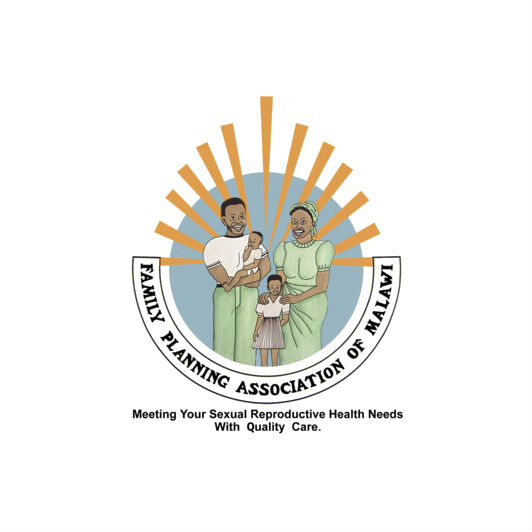

| 31 March 2016
Korea Population, Health and Welfare Association
The Korea Population, Health and Welfare Association (KoPHWA), a leading non-profit organization founded under the Maternal and Child Health Law, has played a great role for the successful implementation of population and reproductive health program since 1961. The vision of KoPHWA is to become a leading agency in enabling women, couples, and families to decide their family planning as well as promoting and ensuring a healthy community. Its objectives are to maintain a healthy population through the sustained implementation of reproductive health programmes, to promote family health and welfare, and to improve the quality life of general public by creating a sound and healthy family environment. In pursuit of these objectives, KoPHWA runs a wide range of information, education, and communication (IEC) programs to raise the public awareness of population issues, and is active in young people’s education and participation. Besides, KoPHWA delivers the MCH and Family Health services particularly to women and children through 13 branch clinics; it also provides mobile OB-GYN services to increase the access to medical and health information and services of marginalized groups. In addition, the KoPHWA’s works of developing and distributing high-quality materials have consistently contributed to creating the family-friendly childbirth and childcare environment as well as promoting good sexual and reproductive health practice. Address: 20, Beodeunaru-ro 14ga-gil, Yeongdeungpo-gu, Seoul, 150-040, Republic of Korea

| 31 March 2016
Family Planning Association of Malawi
When it was founded in 1999, the Family Planning Association of Malawi (FPAM) focused on providing family planning services. As the organization has evolved, it has both refined and expanded its operation. Today, FPAM targets young people primarily, and reaches out to under-served rural communities. As a result, it operates 64 service points, including 53 mobile sexual and reproductive health (SRH) facilities and 4 static clinics. Its community-based distributor/services (CBDs/CBSs) profile is also very strong with 65 additional delivery points. As ever with IPPF Member Associations, the mix of outlets and approaches is very much led by the particular demographic and geographic needs of the country. FPAM also provides youth-friendly SRH information, education and behaviour change communication materials to young people at 4 youth centres, and through schools. Peer educators use group discussions, theatre performances, publications and audio-visual materials produced by community reproductive health promoters to pass on the message about good SRH practice and access to resources. The distribution of contraceptives, pregnancy testing, the diagnosis and treatment of sexually transmitted infections (STIs) and voluntary counselling and testing (VCT) for HIV and AIDS are core to FPAM’s clinic activity. For its successful operation, the organization depends on a team of 46 full-time staff and over 600 volunteers. Over the years, FPAM has forged partnerships with health, family and youth departments in government, to advocate forward-thinking national SRH policies. It works with a variety of non-governmental organisations (NGOs) including the Malawi Girl Guides Association and Banja La Mtsogolo. Financing support comes from UNFPA, IPPF’s Japan Trust Fund, the Japanese Organization for International Cooperation in Family Planning (JOICFP), UNICEF, National AIDS Commission, GTZ, and Youth Incentives. FPAM also networks with other SRH-focused groups, particularly in the fields of HIV and AIDS and youth issues. Contacts Website: www.fpamalawi.org Facebook: https://www.facebook.com/FPAMalawi/







